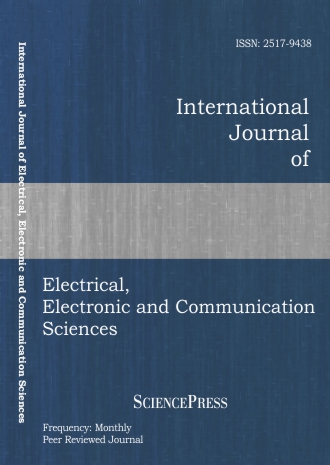
Scholarly
Volume:10, Issue: 9, 2016 Page No: 1193 - 1204
International Journal of Electrical, Electronic and Communication Sciences
ISSN: 2517-9438
538 Downloads
Investigation on Choosing the Suitable Geometry of the Solar Air Heater to Certain Conditions
This study focuses on how to control the outlet temperature of a solar air heater in a way simpler than the existing methods. In this work, five cases have been studied by using ANSYS Fluent based on a CFD numerical method. All the cases have been simulated by utilizing the same criteria and conditions like the temperature, materials, areas except the geometry. The case studies are conducted in Little Rock (LR), AR, USA during the winter time supposedly on 15th of December. A fresh air that is flowing with a velocity of 0.5 m/s and a flow rate of 0.009 m3/s. The results prove the possibility of achieving a controlled temperature just by changing the geometric shape of the heater. This geometry guarantees that the absorber plate always has a normal component of the solar radiation at any time during the day. The heater has a sectarian shape with a radius of 150 mm where the outlet temperature remains almost constant for six hours.
Authors:
Keywords:
References:
[1] Heat and Mass transfer Fundamental and Application Fifth Edition in SI Units yunus A. Cengel-Afshin J. Ghajar.